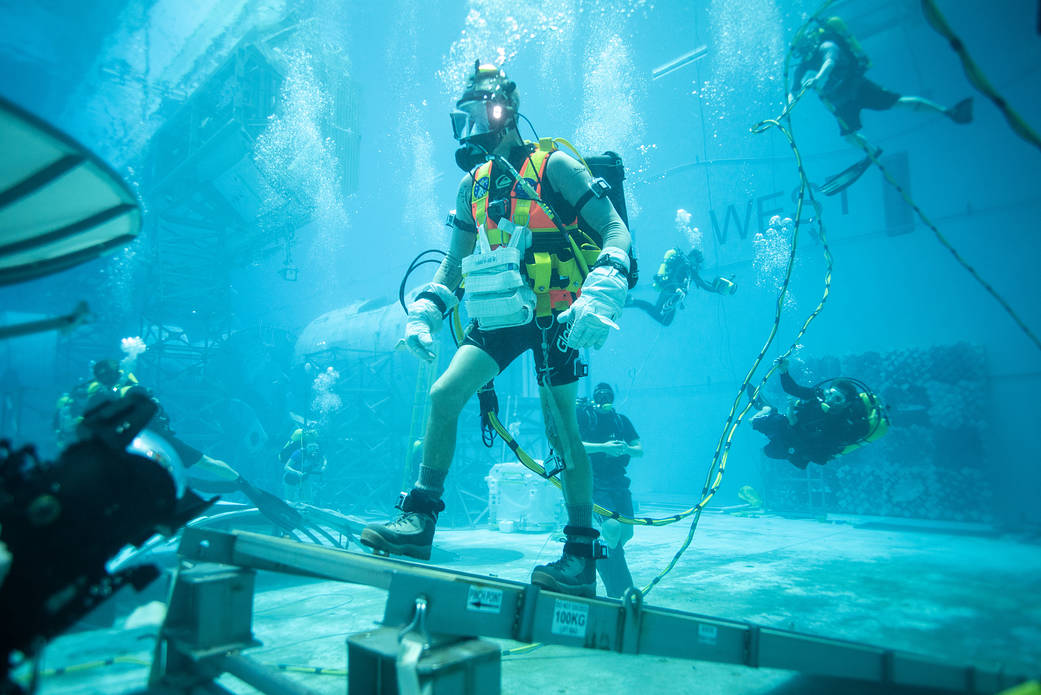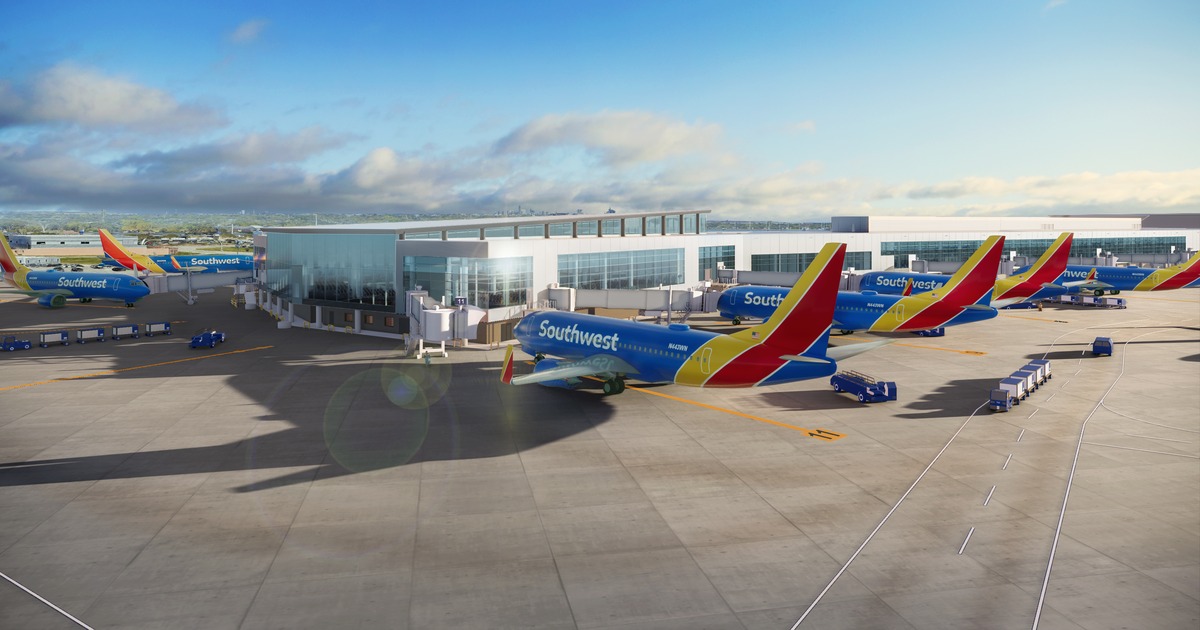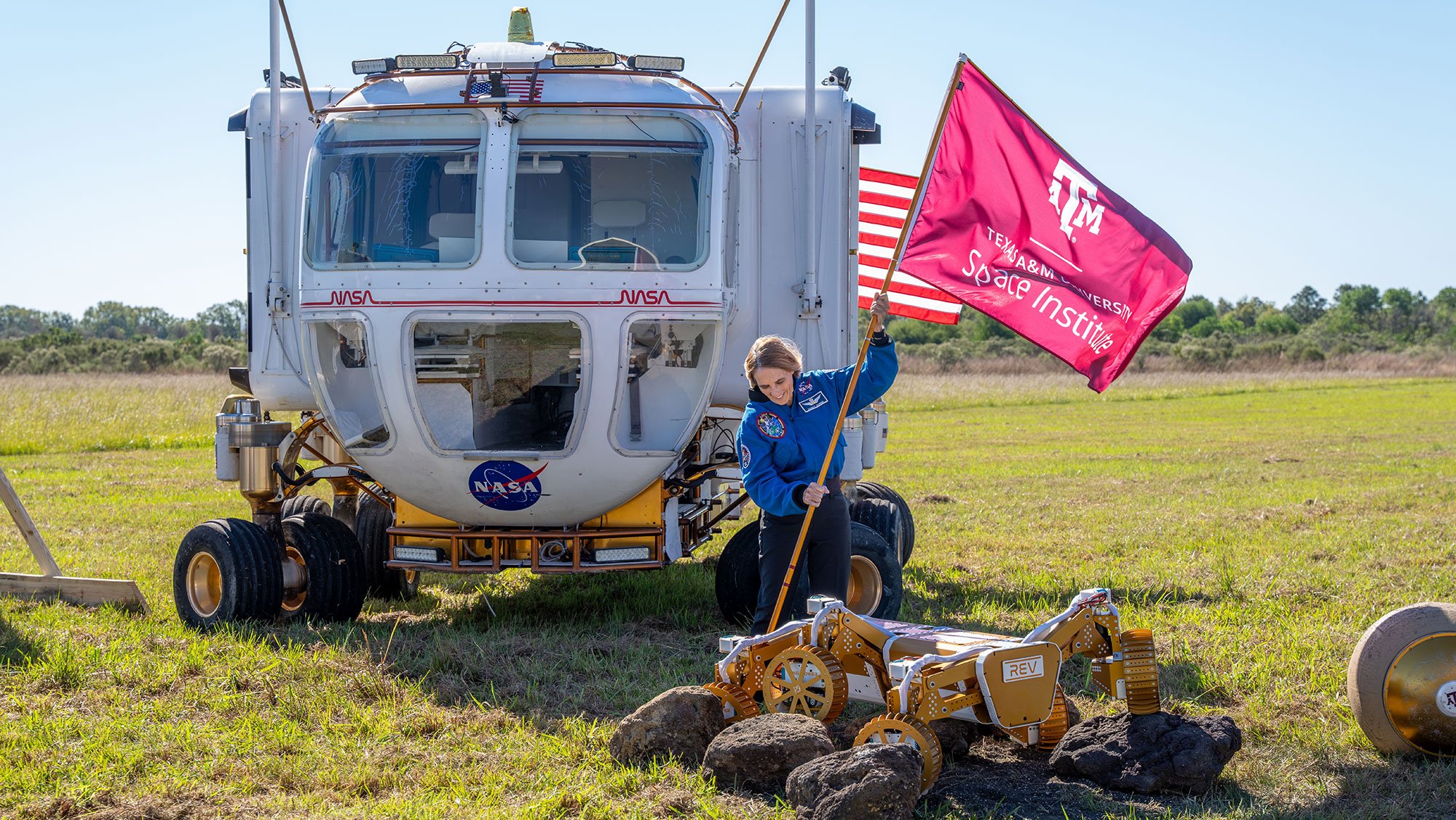Space Event Explores How Houston is Advancing the Aerospace Industry
Published Oct 13, 2022 by Brina Morales
Aerospace industry leaders shared why Houston is the current and future leader of human space exploration during the Partnership’s annual State of Space event on October 11.
“At some point in the very near future, we’re going to land human beings on the moon, and we’re going to say, ‘Moon, Houston,’” NASA Astronaut Kate Rubins said during a panel discussion. “This is the only city in the world whose name is looped into this scenario.”
Steve Altemus, Intuitive Machines’ President and CEO, Peggy Guirgis, General Manager of Space Systems at Collins Aerospace and Vanessa Wyche, Johnson Space Center Director, were also part of the panel moderated by Rice Space Institute Director David Alexander. The panel discussed the exciting developments occurring in Houston, including its involvement in NASA’s Artemis program. JSC serves as mission control for every manned mission, which will include Artemis 1 once it launches.
“It’s incredible that we’re collectively leading this mission back to the moon and it’s starting from Houston,” Altemus said. Intuitive Machines is working on several projects for NASA, including developing lunar landers and other technology. The Houston-based company and Collins Aerospace are major tenants at the Houston Spaceport, a hub for aerospace and aviation activities.
The panelists pointed to the region’s talent, infrastructure and “sense of community” as attributes that attract companies. That sense of community is what allows aerospace companies, NASA and others to “come together to achieve our goals,” Altemus said.
But the panelists also noted that continued investments in infrastructure, building a talent pipeline and more private-public partnerships will be key for Houston to be seen as the epicenter of human exploration and discovery.
“We need to continue to collaborate and work together to ensure that we’re not only establishing the infrastructure, but that we continue building that talent pipeline that keeps pace with the rapidly changing ecosystem,” Guirgis said.
Innovators, companies and local colleges and universities are already showing their commitment to investing in positioning Houston as a leader in the aerospace industry. The Collins Aerospace facility at the spaceport will include Houston’s first-ever spaceflight incubator, where startups, universities and industry professionals will be able to solve complex space technology challenges. Additionally, the San Jacinto College EDGE Center focuses on building a talent pipeline, and the Ion is partnering with JSC to launch a technology transfer center at the ion to bolster innovation.
“No one country is going to be able to do this on their own. It’s going to require our international, industry and academia partners. It’s going to require all of us,” Wyche said.
Houston is home to over 350 companies involved in aircraft or space vehicle manufacturing, research and technology or other air transportation support activities. The region’s trade in aircraft, spacecraft, and parts totaled $1.3 billion in 2021.
Learn more about Houston’s aerospace and aviation industry.
 The Houston Report
The Houston Report





















